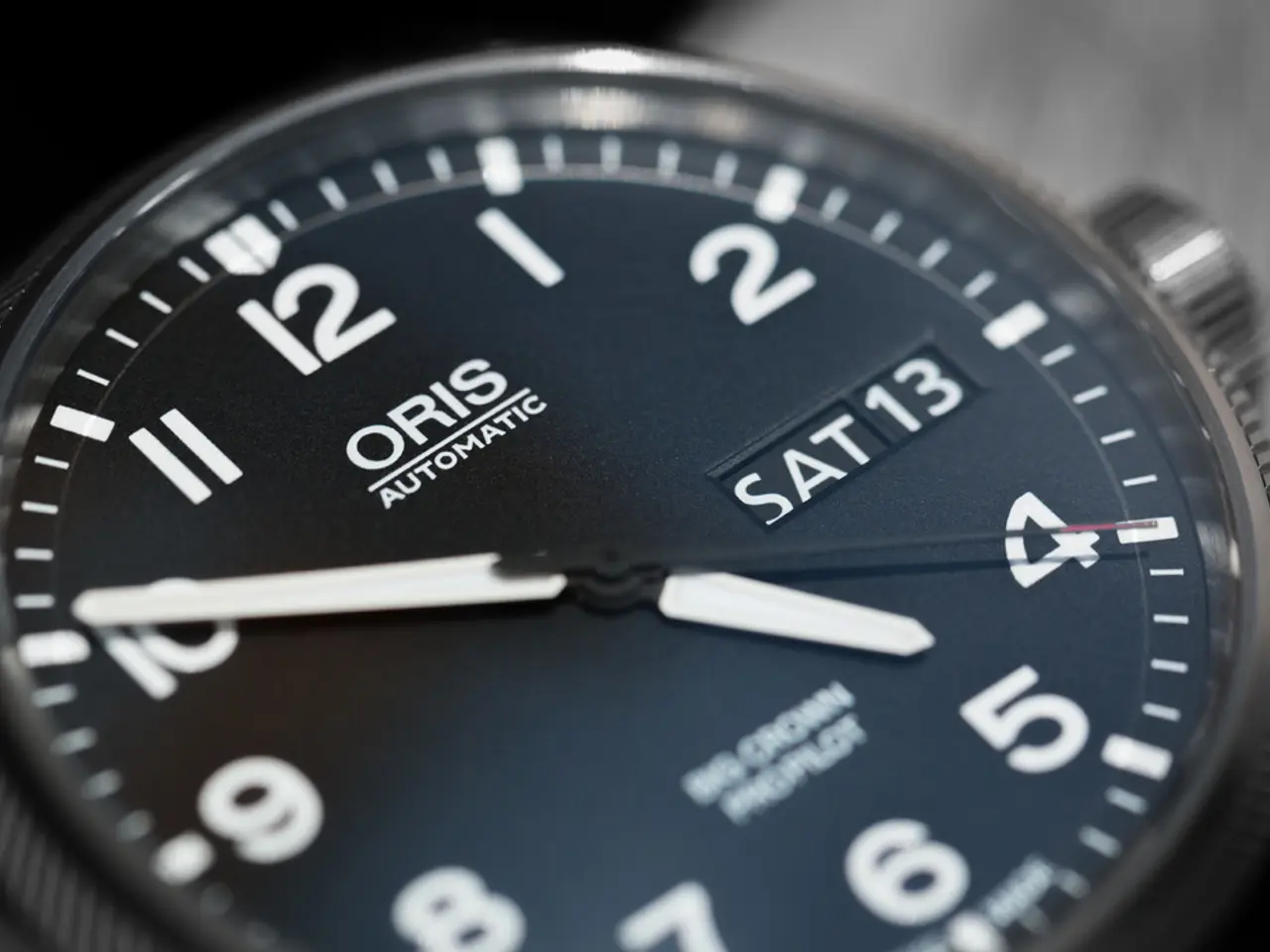Smartwatches Conduct Atrial Fibrillation (AFib) Detection?
In a recent study published in the Canadian Journal of Cardiology, researchers have explored the accuracy of smartwatch ECG readings, specifically focusing on the Apple Watch, in detecting atrial fibrillation (AFib) and other heart rate abnormalities.
The study involved 734 hospitalized participants who underwent a 12-lead ECG and a 30-second Apple Watch ECG recording. The results showed that while the smartwatch app was effective in identifying AFib in many cases, it was prone to both false positives and false negatives.
Dr. Marc Strick, the study's lead author, noted that 50 million Apple Watches are expected to be sold this year, highlighting the potential impact of such technology on widespread health monitoring. However, he also pointed out that the smartwatch's limited battery life and lack of immediate feedback may decrease its efficacy.
In one out of five (20 percent) incidents, the Apple Watch failed to produce an automatic diagnosis. When it did provide a diagnosis, the app correctly identified 78% of people with an AFib incident and 81% of those who didn't, while electrophysiologists identified 97% of people with AFib and 89% of those without it.
The smartwatch app was found to be particularly unreliable in people with premature ventricular contractions, other heart rate abnormalities, and those with implanted pacemakers, where the risk of a false negative was higher. On the other hand, it was more likely to give a false positive in people with premature ventricular contractions.
Premature atrial and ventricular contractions are common forms of abnormal heart rhythms that can trigger extra heartbeats. People experiencing these may feel palpitations, irregular heartbeats, or feel like they missed a heartbeat, shortness of breath, fainting, chest pain, and fatigue.
Dr. Adrian Baranchuk, a professor of medicine at Queen's University in Ontario, Canada, emphasised that surface 12-lead ECGs have a much higher accuracy (98-99%) compared to monitoring via smartwatches. He further explained that while more healthcare professionals are embracing this technology, its application within clinical practice remains limited.
Dr. Andrew M. Freeman, a cardiologist, reinforced this view, stating that smartwatch apps are consumer-grade applications, and the Apple Watch is a screening tool, not a diagnostic one. He, however, recommended smartwatch apps for encouraging people to be more involved in their health and healthcare, as they push people to do more for their health and check with their doctor when there are irregular results.
Despite the limitations, the study underscores the potential of smartwatches in promoting health awareness and encouraging regular heart checks. As technology continues to evolve, it is expected that these devices will play an increasingly significant role in preventive healthcare.
Read also:
- Inadequate supply of accessible housing overlooks London's disabled community
- Strange discovery in EU: Rabbits found with unusual appendages resembling tentacles on their heads
- Duration of a Travelling Blood Clot: Time Scale Explained
- Fainting versus Seizures: Overlaps, Distinctions, and Proper Responses






